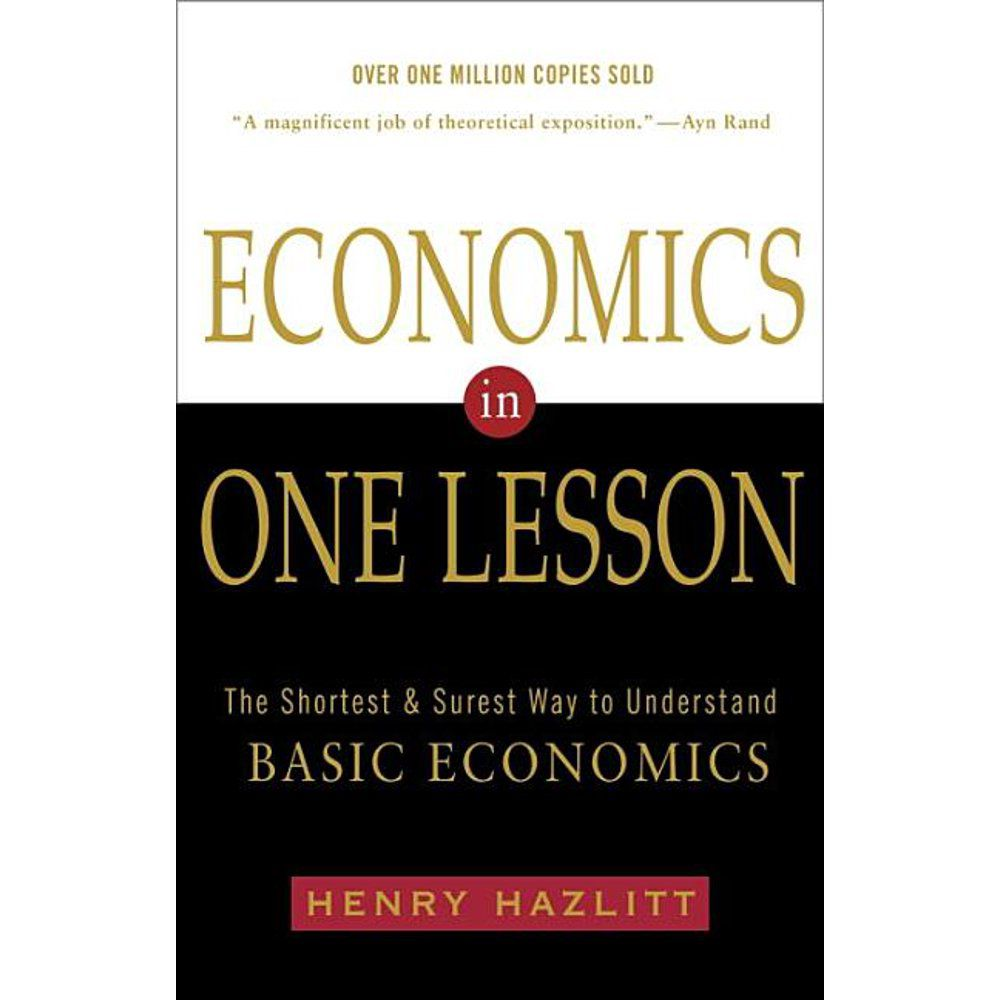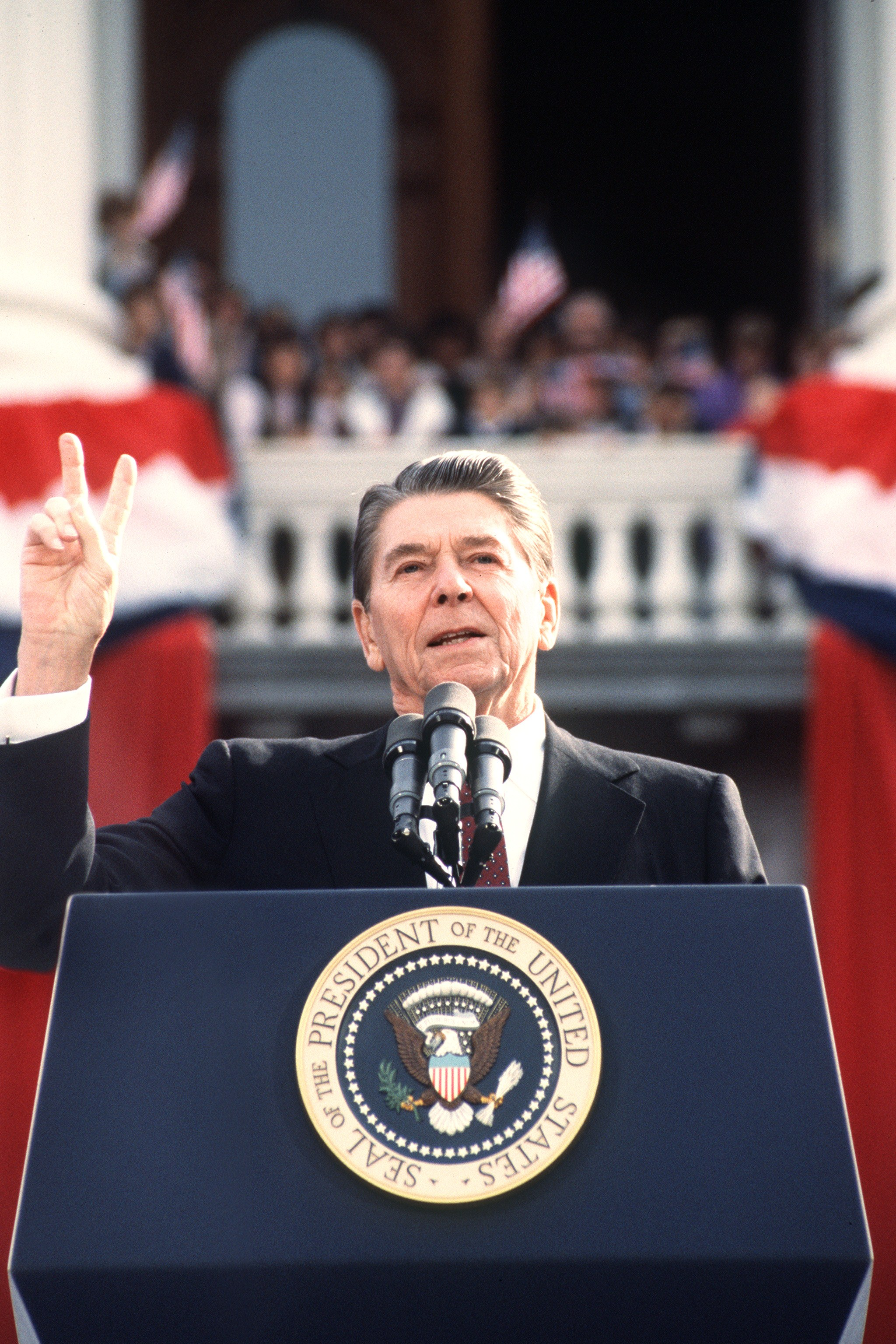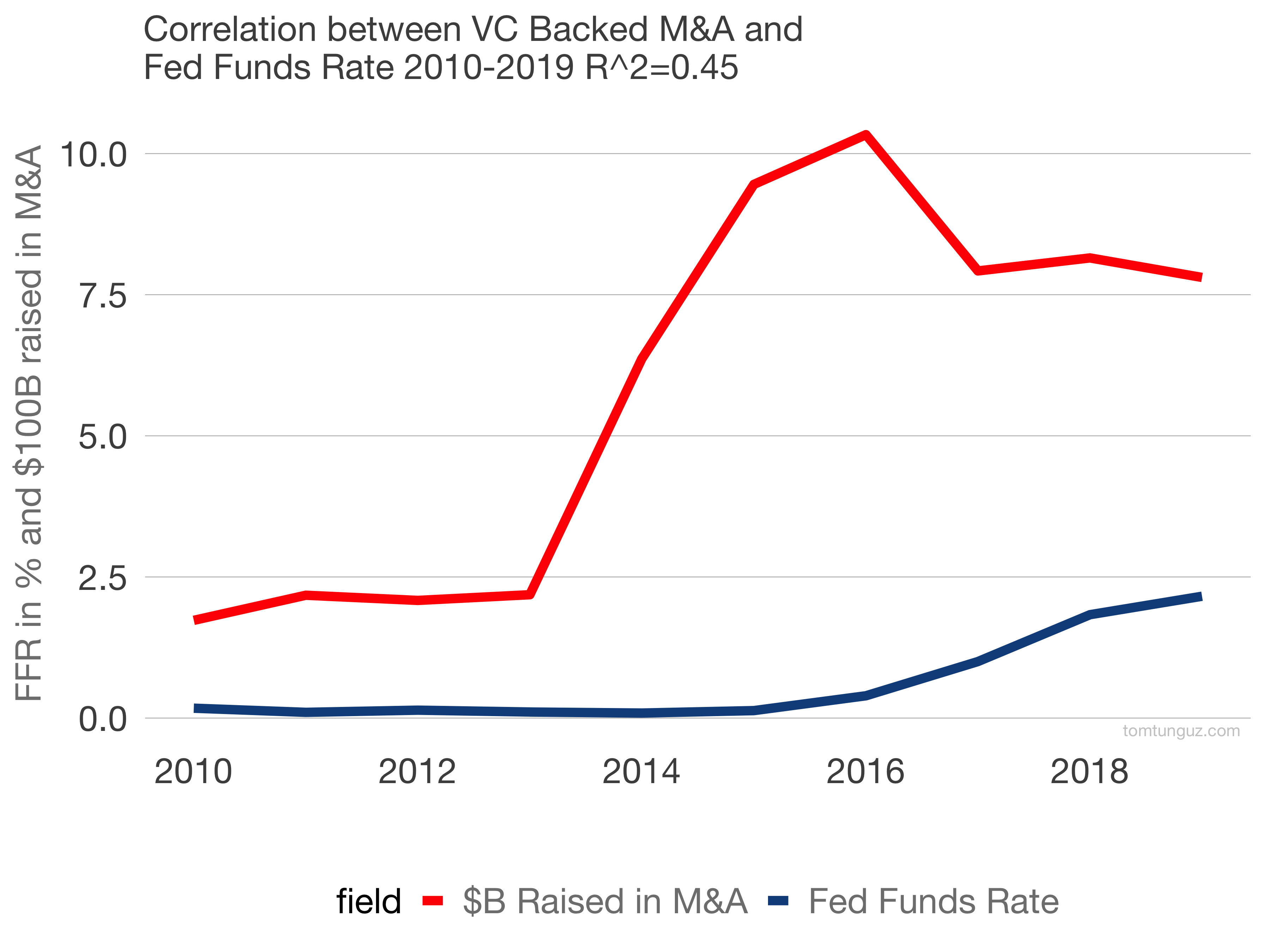If you’re looking to deepen your understanding of economic concepts, the best books on economics are an invaluable resource. These top economics books provide insights into the complexities of finance, money, and market behavior, making them essential for anyone curious about the economic mechanisms that shape our world. From Claudia Goldin recommendations to insightful narratives about money’s role in society, these titles are perfect for your reading list economics. Each book offers unique perspectives and literature that can transform your understanding of economic principles. Explore these engaging selections to grasp how money influences everything from individual choices to global markets.
When it comes to studying financial systems and their societal implications, exploring literature on economic theory and practice can be incredibly enriching. With a vast array of books about money, readers can discover not just the history of financial transactions but also the contemporary issues that affect global economies today. Works examined by esteemed economists, including historical analyses and modern critiques, serve as critical additions to any economic reading list. This diverse selection of texts not only enhances comprehension of fundamental economic principles but also fosters a deeper appreciation for the intricate relationship between money and society.
Best Books on Economics to Expand Your Understanding
When diving into the world of economics, it is essential to equip yourself with the right literature that illuminates various concepts, historical contexts, and contemporary issues. Among the best books on economics recommended by esteemed economists, we find classic and modern interpretations that cater to both novice readers and seasoned professionals. Titles such as ‘Money’ by Jacob Goldstein and ‘The Ascent of Money’ by Niall Ferguson provide crucial insights into the evolution of financial systems and highlight the interplay between currency and societal progress.
These books on economics not only articulate complex theories but also narrate engaging stories that captivate the reader’s interest. Goldstein’s entertaining history of money teaches us the profound consequences of monetary decisions throughout history, while Ferguson contrasts the evolution of debt and finance with humor and articulate prose. Such reading material not only enriches one’s knowledge but also equips readers with a critical understanding of current economic policies and their broader implications.
Recommendations from Top Economists: A Curated Reading List
In an effort to navigate the intricate landscape of economic theory, renowned economists like Claudia Goldin, nominee for the Nobel Prize, have shared their curated reading lists featuring pivotal books that shape the discourse around economic policies and practices. Goldin’s suggestion of ‘Career and Family’ is a poignant narrative that reflects the balancing act of women in academia and the workforce over more than a century. Her recommendations illuminate essential gender dynamics that have shaped economic participation and progress, making it a must-read for anyone interested in societal development.
Similarly, titles recommended by Kenneth Rogoff and Jason Furman, such as ‘Money Mischief’ and ‘The Only Game in Town’, serve as insightful contributions to understanding monetary policy and its effects on both local and global economies. By exploring these recommendations, readers not only delve into critical economic arguments but also engage with real-world implications, making these texts essential additions to any economics literature reading list.
Understanding Money Through Historical Perspectives
Understanding money is not merely about grasping its present-day functions; it involves tracing its historical significance through various eras. Books like ‘The Price of Peace’ by Zachary D. Carter and ‘Ben Franklin: An American Life’ by Walter Isaacson delve into the historical backdrop of economic theories and practices that have shaped our current understanding of money. Carter’s biography of Keynes illustrates how the economist’s ideologies resonate with the modern-day monetary policies that strive for peace amidst economic turmoil.
Likewise, Isaacson’s homage to Benjamin Franklin highlights the role of innovation in shaping financial systems. Franklin’s adoption and promotion of paper currency represented a pivotal shift in economic practices during his time. These historical narratives not only provide insight into the evolution of money but also underscore the relevance of historical context in understanding today’s economic landscape.
The Role of Central Banking in Modern Economics
Central banking plays a crucial role in shaping economic stability, and understanding its functions is paramount for anyone interested in finance. Mohamed A. El-Erian’s ‘The Only Game in Town’ provides fascinating insights into the actions of central banks in the wake of the global financial crisis. Through his balanced examination, readers are invited to explore the interplay between monetary and quasi-fiscal policies, dissecting how these strategies were implemented during instances of political paralysis.
El-Erian’s work demystifies the often-complex realm of central banking, shedding light on topics such as quantitative easing and the economic narratives shaped by governmental policies. His ability to articulate these concepts clearly empowers readers to better comprehend the systemic challenges faced by modern economies, making this an essential read for anyone looking to understand the machinations of economic governance.
Cryptocurrencies and Their Impact on the Future of Money
As the financial landscape evolves, the rise of cryptocurrencies poses significant questions about the future of traditional money. Eswar S. Prasad’s ‘The Future of Money’ serves as a vital resource for those confronting the complexities of digital currencies and their role in the economic realm. Prasad offers a balanced perspective on the benefits and potential pitfalls of integrating cryptocurrencies in traditional monetary frameworks, providing readers with a nuanced understanding of this emerging phenomenon.
The book encourages readers to critically evaluate the implications of cryptocurrency adoption, especially as central banks contemplate digital currency alternatives. By exploring such transformative topics, Prasad not only informs but also invites readers to engage in dialogues about the future trajectory of economic money systems and the technologies that underpin them.
Innovations in Financial Technologies: What to Read Next
With the rapid evolution of financial technologies, readers are presented with an expansive array of literature that addresses emerging trends and innovations. Books such as Kenneth Rogoff’s ‘The Curse of Cash’ delve into the historical and modern aspects of currency and payment systems. Rogoff provides a thorough analysis of how transaction technologies have evolved, emphasizing the inevitability of government intervention as private sector innovations emerge.
This exploration of fintech not only informs readers about the trajectory of cash and digital payments but also envisions future regulatory challenges that may arise. Such literature is indispensable for understanding the intersection of economics, technology, and policy, making it a critical addition to any reading list focused on financial innovations.
Examining Gender and Economics Through Literature
The intersection of gender and economic participation has garnered significant attention in recent literary contributions, facilitating discussions that resonate with contemporary economic challenges. Claudia Goldin’s ‘Career and Family’ serves as an essential text that delineates the journey of educated women in balancing career aspirations with familial responsibilities. Goldin’s exploration of this dynamic is pivotal in understanding how economic landscapes have shifted over time to accommodate evolving gender roles.
The examination of such themes through literature not only enriches the economic discourse but also serves to challenge existing biases within the field. This focus on gender in economics literature encourages a more inclusive approach to policy formulation and economic understanding, enhancing the reader’s grasp of societal progress and the need for equitable practices.
Literature that Challenges Economic Orthodoxy
Challenging conventional economic wisdom often leads to profound insights, and several key texts serve to provoke thought among readers. Milton Friedman’s ‘Money Mischief’ stands out as it critiques mainstream monetarism and offers alternative perspectives on the role of money in the economy. Friedman employs historical examples to deconstruct myths surrounding money, encouraging readers to rethink established theories that have dominated the economic discourse.
Similarly, the works of authors like Zachary D. Carter challenge the status quo by analyzing historical figures, such as Keynes, through a critical lens that reveals layers of complexity often overlooked. Such literature invites discussions that not only enrich the academic arena but also foster a more comprehensive understanding of economic principles, making it essential reading for those who wish to engage in critical economic analysis.
Creating a Diverse Economics Reading List
Building a well-rounded economics reading list is vital for anyone aspiring to understand the multifaceted nature of economic systems. Including diverse perspectives from both classic and contemporary authors ensures that readers gain a comprehensive understanding of various economic theories. Titles such as ‘The Ascent of Money’ by Niall Ferguson and ‘The Curse of Cash’ by Kenneth Rogoff exemplify how different narratives can enrich one’s grasp of financial history and modern challenges.
Assembling such a reading list not only cultivates critical thinking but also broadens the reader’s horizons by incorporating diverse voices and experiences. This practice enhances the overall appreciation of economics literature as an evolving field, encouraging continued exploration and discussion among readers passionate about understanding the economies they inhabit.
Frequently Asked Questions
What are some of the best books on economics recommended by Harvard economists?
Some of the best books on economics recommended include “Money” by Jacob Goldstein, which explores the history of money, and “The Future of Money” by Eswar S. Prasad, offering insights into cryptocurrencies and central bank digital currencies. Additionally, “Money Mischief” by Milton Friedman delves into monetarist perspectives, and “The Ascent of Money” by Niall Ferguson provides a narrative of the evolution of financial systems.
Can you list top economics books that address modern financial issues?
Top economics books that address modern financial issues include “The Only Game in Town” by Mohamed A. El-Erian, which examines central banking and fiscal policies post-financial crisis, and “The Curse of Cash” by Kenneth S. Rogoff, discussing the future of currency and digital transactions. These works are vital for understanding today’s economic landscape.
What books should be on a reading list for anyone interested in economics?
A comprehensive reading list for anyone interested in economics should include “Career and Family” by Claudia Goldin, which analyzes the economic challenges faced by working women, and “The Price of Peace” by Zachary D. Carter, which provides a biography of John Maynard Keynes and his economic philosophies. These books offer valuable context and insights into both historical and contemporary economic issues.
Which books about money are recommended by Nobel laureate Claudia Goldin?
Nobel laureate Claudia Goldin recommends books like “Career and Family,” which discusses the economic implications of balancing personal aspirations and work. She also created recommendations covering the history and influence of finance, including “The Forgotten Financiers of the Louisiana Purchase” which unveils the financing behind major historical events.
What are some insightful economics literature that discusses the evolution of money?
Insightful economics literature discussing the evolution of money includes “The Ascent of Money” by Niall Ferguson, which chronicles the history of financial systems and debt, and “The Curse of Cash” by Kenneth S. Rogoff that predicts the trajectory of digital currencies versus traditional cash. These books provide an engaging look at how money has shaped economies throughout history.
| Book Title | Author | Description |
|---|---|---|
| Money | Jacob Goldstein | An entertaining history of what money is and what aspired to be money. |
| The Future of Money | Eswar S. Prasad | Balanced overview of the pros and cons of cryptocurrencies and central banks’ digital currencies. |
| Money Mischief | Milton Friedman | Scholarly books about money by the leading proponent of monetarism. |
| The Price of Peace | Zachary D. Carter | Biography of John Maynard Keynes and impact of money on economy and policy post-Keynes. |
| The Ascent of Money | Niall Ferguson | Explores the development of debt and finance, engagingly written with humor and insight. |
| The Only Game in Town | Mohamed A. El-Erian | In-depth examination of central banking post-financial crisis and its challenges. |
| Ben Franklin: An American Life | Walter Isaacson | Overview of Franklin’s life and his role in introducing paper currency to the colonies. |
| The Curse of Cash | Kenneth S. Rogoff | Discusses past and future of coinage and digital currencies and their regulation. |
| The Forgotten Financiers of the Louisiana Purchase | Larry Neal | Explores the financing of the Louisiana Purchase by the powerful Barings banking family. |
| Career and Family | Claudia Goldin | Discusses the balance between career and family for college-educated women over 120 years. |
Summary
The best books on economics provide invaluable insights into our financial systems and their historical contexts. By reading the works of esteemed authors like Claudia Goldin and Milton Friedman, one can gain a deeper understanding of the role money plays in everyday life as well as the broader economic landscape. From the intricacies of cryptocurrencies to the biographies of influential figures like John Maynard Keynes, each recommended book offers a unique perspective on economic principles, helping readers navigate the complexities of monetary policy and finance.



